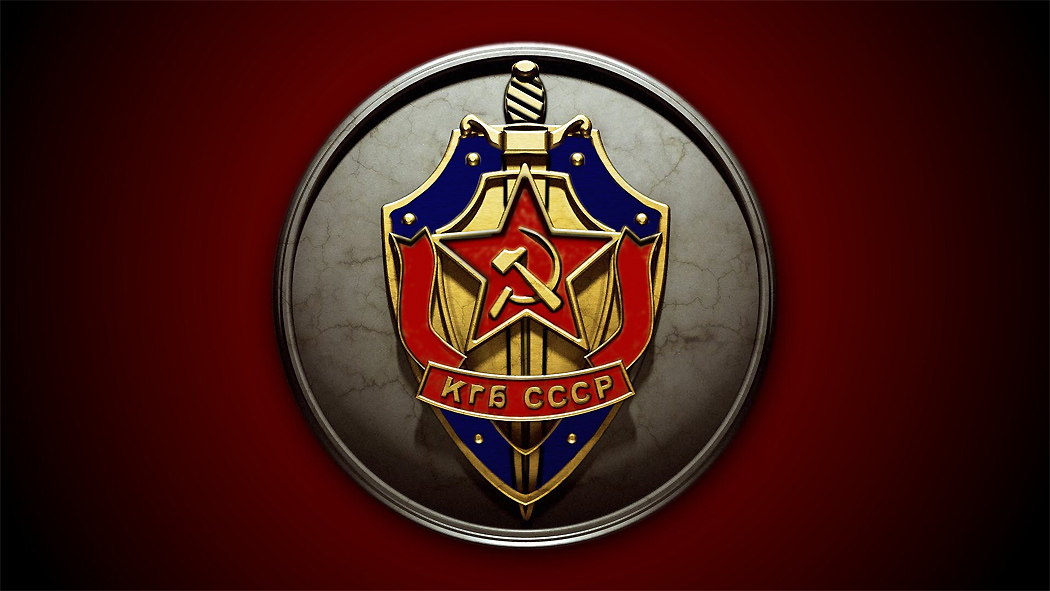Betrayal is an integral part of our life, it is always terrible and very difficult to survive, especially on the scale of an entire country. Throughout the history of the USSR there were many brave and courageous people who were not afraid to give their lives for the common cause, but there is no escape from traitors. In this article you will learn about the five main traitors in the history of the USSR, in my opinion, you can leave the names of your ‘heroes’ in the comments.
Oleg Gordievsky

The most valuable agent recruited by the British after the discovery and execution of Oleg Penkovsky. Gordievsky began his service in the KGB. In 1966 he travelled abroad for the first time under cover as an embassy worker in Denmark, where he became disillusioned with the USSR and sought contacts with intelligence agencies in other countries. Recruited by the British in 1973, and three years later he became head of the residency in Denmark. In this position, he passed top-secret data to the British that the latter could not believe in their credibility and were afraid to use them.
In 1982, Gordievsky was assigned to the UK and intelligence became even easier to bring. The double agent turned in several dozen Soviet spies in western countries, but was himself exposed by Aldrich Ames in 1985. He was helped to escape from the USSR by British diplomats, smuggling him through checkpoints in a suitcase. He was sentenced to death in absentia in the Soviet Union, and in Britain he released his memoirs where he revealed many KGB secrets.
Genrikh Lyushkov
Since 1931, Genrikh Lyushkov has held senior positions in the departments of the GPU and the NKVD of the Union republics. He was seen as his successor by the then People's Commissar Yagoda and instructed him to prepare reports for speeches to the Central Committee. The fall of Yagoda did not affect Lyushkov; on the contrary, he began to write denunciations against his former comrades, with whom he had been on good terms yesterday.
In 1937, he became head of the NKVD in the Far East and from that time onwards, reports about his alleged contacts with the Japanese flowed to Moscow. A year later his deputies were arrested and soon Lyushkov was summoned to Moscow. As an experienced Chekist, he realised that he would have to answer for the repression in the ranks of the NKVD, so he thought of nothing better than to escape across the border to the Japanese with secret information. In Japan, Lyushkov revealed the secrets of the ‘internal kitchen’ of the NKVD and named all the heads of the Commissariat of the Republics, as well as passed on secret information about the location of Soviet units in the Far East and revealed several agents working undercover.
His data could have provoked Japan into aggression, but thanks to Sorge, the USSR learnt of the betrayal and took action. Lyushkov became a Japanese citizen under a new name, and in the USSR he was sentenced to execution. In August 1945, after the surrender of the Emperor, the former Chekist was offered a ritual of Japanese samurai, but he refused and was shot dead.
Oleg Penkovsky
The KGB colonel independently came into contact with the CIA in 1960, asking American students to take an envelope to the embassy. A year later, he was already informing his handlers about the mood of Soviet citizens, KGB officers and ministries, as well as about events in the country, which were hidden from the world. A little later, the Americans themselves asked him to collect information of military and technical nature.
He uncovered more than 700 Soviet agents among diplomats and inside the British MI-6. Penkovsky's main incentive was money and the opportunity to live in the West, which he did not even hide. After his arrest, he offered the services of a double agent, although the authorities knew that Penkovsky was about to fly to the United States.
The trial was a show trial and ended with a death sentence for the traitor in May 1963.
Andrei Vlasov
The betrayal of Andrei Vlasov is an inexhaustible topic, who only about it did not write. The ROA commander began his career during the Civil War and by the beginning of the Great Patriotic War he was one of the most talented generals of the new generation. After surrendering, the general agreed to co-operate with the occupiers, but the Germans were afraid to entrust him with an army of prisoners of war, which at any moment could turn bayonets against themselves; it was created only in the last months of the war.
Vlasov himself was used solely for propaganda purposes and to undermine the fighting spirit of the Red Army. But the latter he failed, and the traitor was caught in 1945. In his homeland, he was tried together with the rest of the collaborators and sentenced to death.
Mikhail Gorbachev and Boris Yeltsin
There are two here at once. And many will agree with me, because the fault of this couple in the collapse of the USSR is direct. A lot has been written about them, and even more bad things have been written about them. The collapse of the country provoked an unprecedented crisis in all spheres of social life, which we are still suffering from. Playing the political struggle, they together destroyed the state built at such a cost. After the collapse of the USSR, one of them became President of Russia, and the other moved to Germany for a comfortable life. Mission accomplished...
This is what the last KGB chairman, Vladimir Kryuchkov, said about them:
‘The Union was destroyed by Yeltsin, Gorbachev and a group of apparatchiks. We (i.e. members of the GKChP) became victims of a skilfully constructed provocation’


















